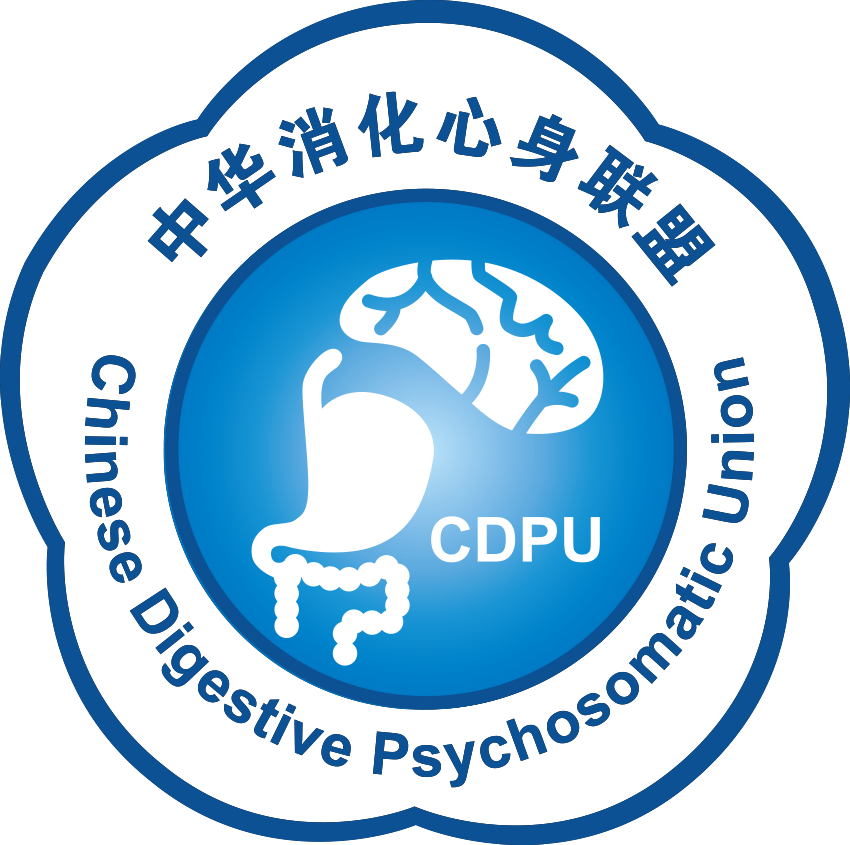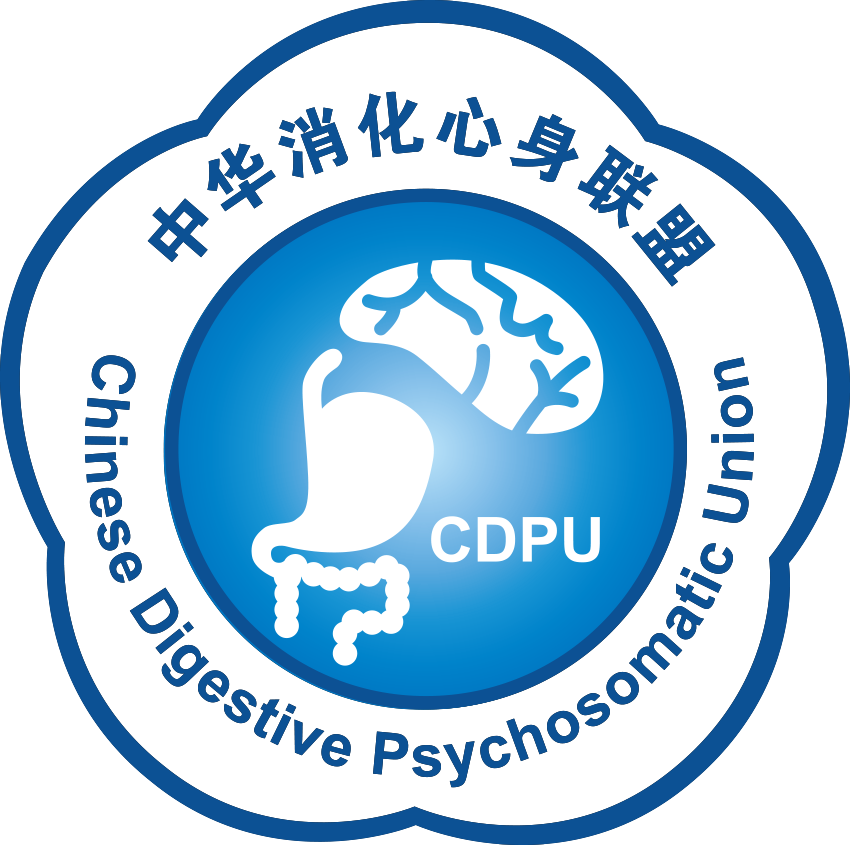Articles
Time | 2025-12-31 | PDF>
Clinical Characteristics and Therapeutic Advances inFunctional Dyspepsia Combined with Gastroesophageal Reflux Disease (Part 1) Functional dyspepsia (FD) symptoms and gastroesophageal reflux disease(GERD) symptoms often coexist, forming an "overlap syndrome."These symptoms areoften intertwined, and the pathophysiological mechanisms are interrelated. This overlapsyndTime | 2025-06-10 | PDF>
psychosomatic gastrointestinal disorders (part Il) Psychosomatic gastrointestinal disorders (PGIDs) refer to health problemsfor which the etiology, pathophysiological mechanisms, and clinical manifestations areassociated with both psychological and digestive systems. PGIDs include functionalgastrointTime | 2024-12-25 | PDF>
Psychosomatic gastrointestinal disorders (Part I) Psychosomatic gastrointestinal disorders (PGIDs) refer to health problemsfor which the etiology, pathophysiological mechanisms, and clinical manifestations areassociated with both psychological and digestive systems. PGIDs include functionalgastrointTime | 2024-06-30 | PDF>
New insights of disorders of gastroduodenal-Oddi sphincter coordination The duodenum serves as a critical juncture in the gastrointestinal tract. By receiving the secretions from the biliary tract and pancreas, it is the direct connection point between the physiological and pathological states of the gastrointestinalTime | 2023-12-28 | PDF>
Application of gut-directed neuromodulators in treatment of psychosomatic gastrointestinal disorders Psychosomatic gastrointestinal disorders are a great challenge in the clinical practice of gastroenterology. The application of neuromodulators (particularly antidepressants) is one of the theoretical and practical breakthroughs to improve theTime | 2023-06-30 | PDF>
Integration of traditional Chinese medicine and Western medicine in the management of psychosomatic gastrointestinal disorders : Psychosomatic gastrointestinal diseases are a great challenge in the clinical practice of traditional Chinese medicine and Western medicine. The progress in the mechanism research for psychosomatic gastrointestinal diseases in Western medicine,
